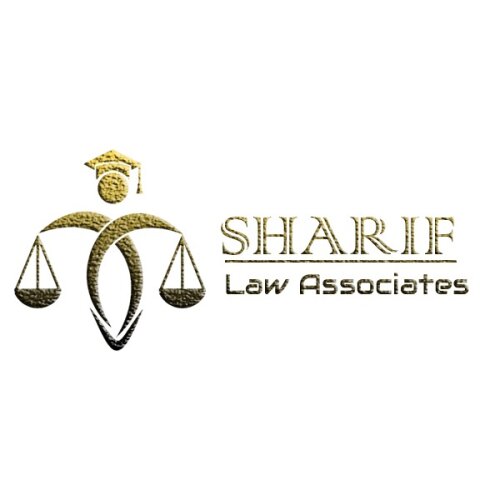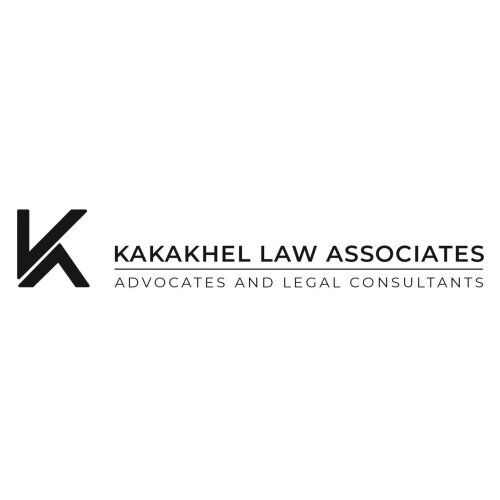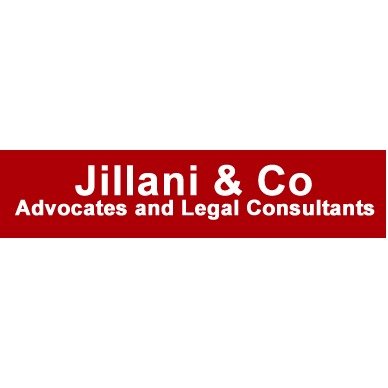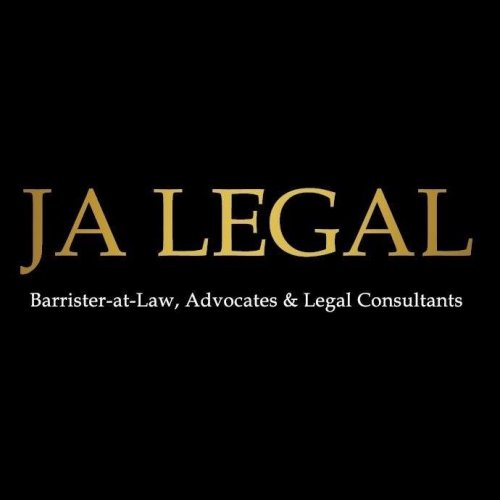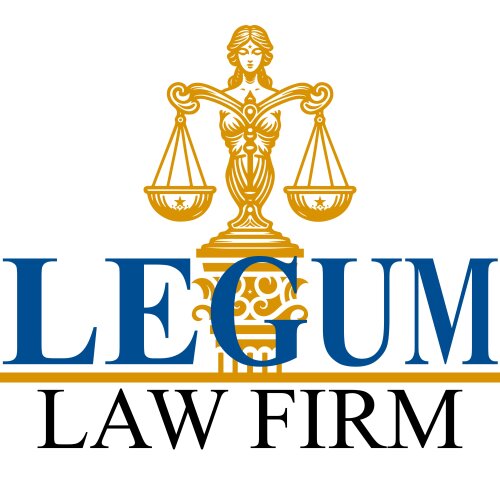Best FDA Law Lawyers in Pakistan
Share your needs with us, get contacted by law firms.
Free. Takes 2 min.
Or refine your search by selecting a city:
List of the best lawyers in Pakistan
About FDA Law in Pakistan
FDA Law in Pakistan refers to the legal framework that governs the regulation of food, drugs, medical devices, and cosmetic products. Although Pakistan does not have a federal agency named the Food and Drug Administration (FDA) like in other countries, several regulatory bodies fulfill similar roles. The principal laws involved are the Drug Regulatory Authority of Pakistan Act, Drug Act 1976, and the Pure Food Laws of the provinces. These laws ensure the safety, efficacy, and quality of products available to consumers. They also set forth procedures for the registration, licensing, manufacturing, and sale of these products throughout the country.
Why You May Need a Lawyer
Individuals and businesses may require legal assistance in FDA Law for a variety of reasons. Some common situations include:
- Seeking registration or licensing for new drugs, food products, or medical devices.
- Facing investigations or enforcement actions from regulatory authorities.
- Responding to product recalls or allegations of non-compliance.
- Interpreting complex regulatory requirements and staying compliant with evolving laws.
- Dealing with disputes relating to trademarks, patents, or copyrights for regulated products.
- Importing or exporting drugs, food items, or medical devices.
- Navigating issues involving misbranding, adulteration, or counterfeit products.
Legal expertise can help avoid hefty penalties, product seizures, or business shutdowns. A knowledgeable lawyer can also streamline the approval process and support businesses in expanding their product lines legally.
Local Laws Overview
FDA-related law in Pakistan is shaped mainly by the following statutes:
- Drug Regulatory Authority of Pakistan (DRAP) Act 2012: Established DRAP, which is responsible for the registration, licensing, import, export, and monitoring of therapeutic goods, including drugs, biologicals, and medical devices.
- Drug Act 1976: Provides rules for manufacturing, selling, stocking, and distributing drugs, and sets acceptability standards for quality and safety.
- Pure Food Laws: Provinces have their own Pure Food Ordinances and Acts that define standards for food safety, labeling, fortification, and manufacturing practices.
- Pakistan Standards and Quality Control Authority (PSQCA): Standards relevant to food and consumer products.
- Other Regulations: Related rules include import-export policies, consumer protection laws, and policies covering cosmetics and medical devices.
These laws establish the regulatory framework for product approvals, inspections, penalties, recalls, and quality control. Non-compliance can result in fines, imprisonment, license suspension, or product confiscation.
Frequently Asked Questions
What is DRAP and what is its role?
DRAP is the Drug Regulatory Authority of Pakistan. It is responsible for ensuring that drugs, medical devices, and other therapeutic goods meet standards of quality, safety, and efficacy. It oversees licensing, registration, monitoring, and enforcement actions.
How do I get a product registered with DRAP?
To register a product, you must apply to DRAP and submit detailed documentation about the product's composition, safety, efficacy, manufacturing process, and labeling. The application is reviewed, and if approved, DRAP issues a registration certificate.
What penalties exist for violating FDA Law in Pakistan?
Penalties can include fines, imprisonment, cancellation of licenses, seizure or destruction of products, and temporary or permanent shutdown of facilities.
Are there different rules for food and drugs?
Yes. Drugs and medical devices are regulated primarily by DRAP and the Drug Act, while food products are governed by provincial food authorities under Pure Food Laws and by PSQCA for quality standards.
Can imported products be sold without local registration?
No. Imported drugs, food items, or medical devices must be registered with the relevant regulatory authority before they can be legally sold in Pakistan.
What is the process for appealing a regulatory decision?
If you disagree with a decision made by a regulatory body like DRAP, you can file an appeal as per the procedures provided in the relevant law. There are appellate bodies and, ultimately, the courts available for judicial review.
What should I do if my product is recalled?
Immediately halt distribution, inform all stakeholders, comply with regulatory authorities, and seek legal counsel on managing liabilities and corrective actions. Proper record-keeping and cooperation can help minimize legal consequences.
What are the labeling requirements?
Labeling requirements specify mandatory information such as ingredients, manufacturing and expiry dates, dosage instructions (for drugs), manufacturer details, and registration or license numbers. False or misleading information can trigger penalties.
How do authorities enforce compliance?
Regulatory authorities conduct routine and surprise inspections of manufacturing, storage, and sales facilities. They can collect samples, review documentation, and order product testing. Violations can result in enforcement actions.
Is counterfeit medicine a problem in Pakistan?
Yes, counterfeit and substandard medicines are a significant issue. DRAP, provincial governments, and law enforcement agencies are working to curb their circulation through stricter regulations and enforcement.
Additional Resources
If you need information or assistance related to FDA Law in Pakistan, you can contact or consult the following:
- Drug Regulatory Authority of Pakistan (DRAP): Main regulatory body for drugs and medical devices.
- Provincial Food Authorities: Such as Punjab Food Authority, Sindh Food Authority, etc., for provincial-level food laws.
- Pakistan Standards and Quality Control Authority (PSQCA): For food product and other consumer goods standards.
- Intellectual Property Organization of Pakistan: For issues relating to patents and trademarks in pharmaceuticals and related sectors.
- Consumer Protection Councils: For consumer grievances and assistance.
- Accredited legal professionals and law firms: With expertise in FDA Law and regulatory compliance.
Next Steps
If you believe you need legal advice or assistance in matters related to FDA Law in Pakistan, consider taking the following steps:
- Gather all relevant documents, correspondences, and licenses about your product or issue.
- Clearly define your legal problem or concern before reaching out to a lawyer or consultant.
- Contact a qualified lawyer or law firm experienced in regulatory and FDA Law in Pakistan.
- Prepare a list of questions to ask regarding timelines, fees, possible outcomes, and the legal process.
- If you are facing regulatory action, respond promptly to notices and seek advice before taking any step.
- Stay updated on any new regulations or policy changes by monitoring official sources and regulatory websites.
With the right guidance, you can navigate FDA Law in Pakistan efficiently and protect your products, business, and reputation.
Lawzana helps you find the best lawyers and law firms in Pakistan through a curated and pre-screened list of qualified legal professionals. Our platform offers rankings and detailed profiles of attorneys and law firms, allowing you to compare based on practice areas, including FDA Law, experience, and client feedback.
Each profile includes a description of the firm's areas of practice, client reviews, team members and partners, year of establishment, spoken languages, office locations, contact information, social media presence, and any published articles or resources. Most firms on our platform speak English and are experienced in both local and international legal matters.
Get a quote from top-rated law firms in Pakistan — quickly, securely, and without unnecessary hassle.
Disclaimer:
The information provided on this page is for general informational purposes only and does not constitute legal advice. While we strive to ensure the accuracy and relevance of the content, legal information may change over time, and interpretations of the law can vary. You should always consult with a qualified legal professional for advice specific to your situation.
We disclaim all liability for actions taken or not taken based on the content of this page. If you believe any information is incorrect or outdated, please contact us, and we will review and update it where appropriate.
Browse fda law law firms by city in Pakistan
Refine your search by selecting a city.




